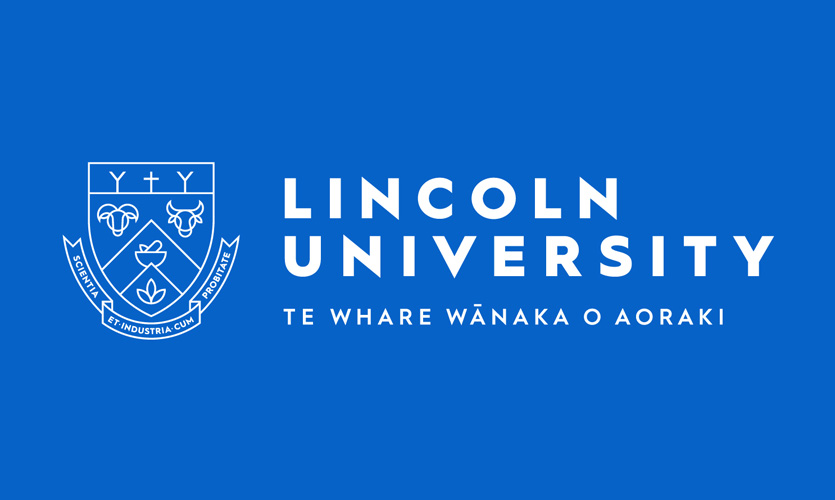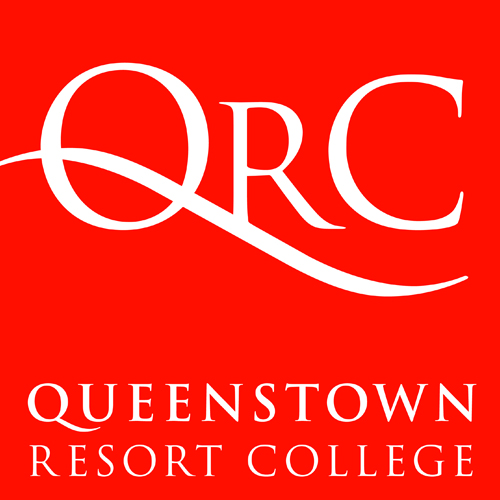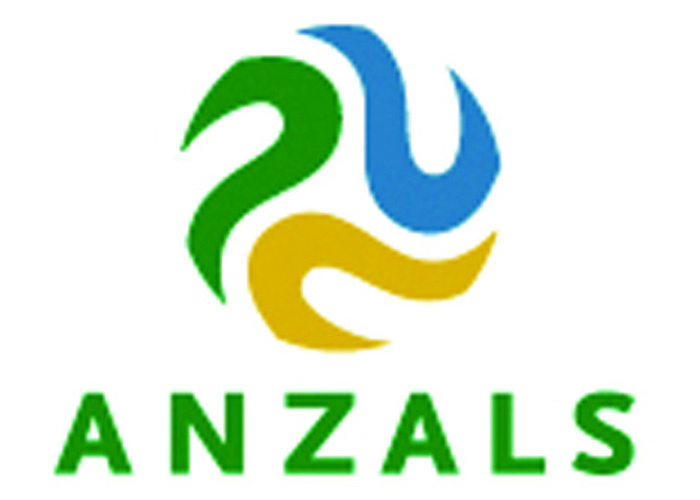Why is it important?
Critical event studies research has found conference attendance to be important for a number of reasons (such as networking, career progression, increased motivation, creating a sense of belonging, presenting one's research, enhancing one's visibility and finding new ways of thinking about issues). Failing to make conferences accessible, diverse and inclusive therefore perpetuates the structural inequalities that disadvantage women and minority groups in academia.
So...what have we done at ANZALS 2019?
First, we sought out industry best practice and researched the critical event studies literature. Second, we talked to people with a wide variety of needs who find conference attendance challenging. We then took a tripartite approach and used a framework of financial accessibility, physical accessibility and cognitive accessibility to assist with our planning and decision-making.
While we've tried our best to include everything, there's sure to be a need or challenge we've overlooked! If that's the case, please contact us and we'll do our utmost to help find a solution that works for you. If you have special needs and encounter any difficulty with our suppliers (which we do hope will not happen!) please alert us as soon as possible so we can help.
The tripartite approach
Financial accessibility
We acknowledge that our conference venue is in New Zealand, and it will therefore be expensive for delegates to travel from the Northern Hemisphere. We also acknowledge that postgraduate students, early career academics, retired academics and those on casual or short term contracts in particular often struggle to find funding to attend conferences. For those travelling with family, social events that exclude children can increase childcare costs.
To that end, we are looking hard at our costs and stripping away some of the traditional yet (to us) unnecessary expenses in order to keep the registration fee as low as possible. We are also pleased to offer special discounted accommodation rates (at nearby locations) to delegates, and encourage delegates to make use of the cheap bus service which is wheelchair- and stroller-friendly. ANZALS will again offer a competitive scholarship scheme for HDR students. The Trans Tasman Challenge is a family-friendly event and children are strongly encouraged to attend!
If you are a delegate with a carer, we will waive your carer's conference registration fee (please email us to let us know if you require this service so we can record their attendance and provide catering accordingly).
If you are bringing a child to the conference, they are welcome to attend sessions with you - we love to foster future leisure studies talent (and we know you will be mindful of the needs of the presenters and other delegates)!
In response to feedback, and in recognition of their valuable contribution to leisure studies, we are delighted to announce a special rate for retirees! If you are a retired academic, you are able to register for the conference at the student rate - and if you are an ANZALS member of course it is even cheaper.
Physical accessibility
We want to offer a conference experience that is physically accessible and welcoming to all, irrespective of gender, ethnicity, sexuality, religion, dietary requirements, [dis]ability, family status or health issues. While this is all very well in terms of rhetoric, how do we go about ensuring this is the case in practical terms – what does a physically accessible conference need to 'look' like?
We aim to provide conference spaces that are comfortable, safe and non-threatening for delegates - particularly for women (whether alone or in groups) and other minority groups. We have dedicated spaces available for a diverse range of needs, including quiet prayer space and space for feeding and changing nappies.
If you are bringing a child (or children) and want to join a group to set up shared childcare, play dates or get some advice, please email us and we will put you in touch with other parents! Otherwise, here are a couple of babysitting options to investigate:
If you have food allergies or specific dietary requirements, let us know on the registration form so we can cater to your needs. This is important as it makes the networking benefits of a conference (which often occur over a shared meal) accessible.
For delegates with hearing and sight challenges, we hope our way-faring will be easy to follow and that delegates will make their conference presentations clear. Our website has been designed for use with screen readers.
Tips and hints for creating accessible presentations (PDF format, 273KB)
Cognitive accessibility
Delegates cognitive, mental and emotional well-being may be hidden but may be very real barriers to participation.
We understand that for all delegates, but particularly those with disabilities and cognitive impairments, we need to communicate important information, directions and instructions about the conference, the venue(s) and the destination in advance to help minimise stress. We also recognise that space for time out from the noise and pressure is important for sufferers of anxiety or other mental health conditions.
Fatigue is often a problem that is not catered to at conferences, with long days proving difficult for many with cognitive or physical challenges; shorter days may facilitate attendance and longer breaks between presentations allows for recuperation.
To that end, the ANZALS 2019 conference programme will have shorter presentation sessions and longer breaks in between – not only will this help with overcoming cognitive overload and fatigue, it will also foster the continuance of conversations started during the presentation question time and provide much-valued networking time.
Want to know more?
Trudie Walters, one of the ANZALS 2019 co-Convenors was invited to write a book chapter about her experience organising an accessible, inclusive and diverse academic conference (Finkel, R., Sharp, B. and Sweeney, M. (eds) (2018) Accessibility, Inclusion and Diversity in Critical Event Studies. Routledge: Abingdon). She drew on a wide variety of resources from industry best practice to blogs to critical event studies to inform her reflections.
Here is a small selection that you might find interesting:
Biggs, J., Hawley, P.H. and Biernat, M. (2018) The academic conference as a chilly climate for women: Effects of gender representation on experiences of sexism, coping responses, and career intentions. Sex Roles, 78, pp. 394-408.
Bos, A.L., Sweet-Cushman, J. and Schneider, M.C. (2017) Family-friendly academic conferences: A missing link to fix the “leaky pipeline”? Politics, Groups, and Identities, DOI: 10.1080/21565503.2017.1403936
Darcy, S. (2012) Disability, access and inclusion in the event industry: A call for inclusive event research. Event Management, 16, pp. 259-265
Dunstan, V. (2017) Problems as a disabled academic attending conferences. (blog post)
Fife Centre for Equalities. (2017) Accessible Events Toolkit. (PDF format, 2.3MB)
Jago, L. K. and Deery, M. (2005) Relationships and factors influencing convention decision-making. Journal of Convention & Event Tourism, 7(1), pp. 23-41.
Kramer, M. (2016) How to throw an intentional, inclusive journalism conference. (blog post)
Mair, J., Lockstone-Binney, L. and Whitelaw, P. (2018) The motives and barriers of association conference attendance: Evidence from an Australasian tourism and hospitality academic conference. Journal of Hospitality and Tourism Management, 34, pp. 58-65.
McCurry, D. (2017) Why accessibility at conferences impacts academic debate. (blog post)
Richardson, S. (2017) Mental health and conferences: A practical guide. (blog post)
Sang, K. (2017) Disability and academic careers. (PDF format, 366KB)



